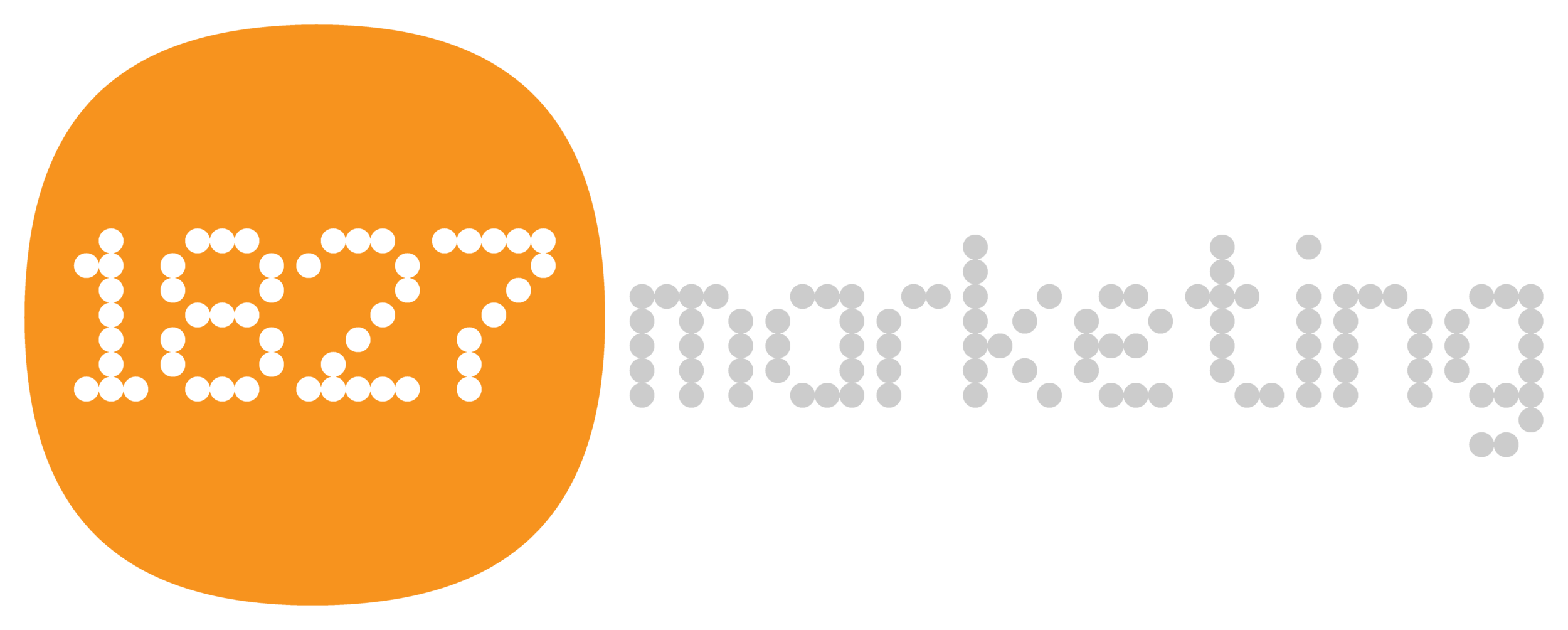How Machine Learning Boosts Your Online Advertising Campaigns
AI and machine learning algorithms are changing the way we create and manage digital advertising campaigns. Machine learning on ad platforms like Meta, or with Google Performance Max, now targets, adjusts, and compares ads in the blink of an eye.
You can offer highly personalised ads that stand a far better chance of converting by leaning on machine learning for better results.
It’s an algorithmic/programmatic way of doing things that might sound far too futuristic. But it’s here and you don't need to be a data scientist to understand it.
If you want to, you can still continue with a more traditional way of running your ads. You can create ad sets, conduct more labour intensive A/B testing, and manually manage your ad budgets with a spreadsheet.
Or you could decide to trust the ad platforms and take advantage of the opportunities presented by letting the machines do some of the work for you.
What is machine learning?
In the same way that the human brain learns from previous experiences and new information, artificial intelligence learns and adapts as it gains more data.
Machine learning uses artificial intelligence to sift through data to find the right way to proceed, with no further programming or interference from humans.
With deep learning, your advertising data is sorted rapidly to come up with the best ads to use for your audience for the lowest cost. Whether you want to use display ads, ads on Facebook or Instagram, or Google search ads, machine learning helps you to optimise your results.
While humans are still needed for online advertising, the machines' learning model really can speed up your results and target your ads more effectively.
How has machine learning changed online advertising?
With these new types of advertising campaigns, you feed in large batches of images, headlines, and ad copy. The AI runs multifactorial testing of all of your creative elements and optimises the delivery of your ads considering what is happening in real-time in the marketplace.
Rather than laboriously mixing and matching, manually trying to find the right combination, machine learning juggles all the variables for you to find out what appeals to the people seeing your ads.
This doesn’t mean that your audience research and buyer personas are wholly redundant. Plugging in any relevant data that adds to the AI’s overall knowledge of who you want to target and why is still helpful. In this way, machine learning allows you to cast a wider net, adjusting to real world feedback from the ad auctions instead of failing due to potentially erroneous human assumptions.
You can target audiences based on demographic factors, such as the age and gender of your ideal customer. Or you can create lookalike audiences based on who has already interacted with your ads, your website, or even with your competitors.
The machines quickly find patterns and try ways to reach your audience that you might never have thought of. More than that, machine learning allows your ads to be continually tested and compared, then updated to the best performing ad as new data comes in.
Here are some points to remember:
1 - It’s not just for advertisers with a big budget
The way Meta and Google Ads decide which ads to show to consumers might sound like it favours businesses with a big ad spend. After all, one criterion they consider is the bid price.
But that’s not all they take into consideration.
Lower bidding companies still have every chance in the pay per click ad auctions as quality and relevance to the customer are balancing factors. Lower bids can still compete, so don’t think you have to blow your budget.
2 - Deliver more effective ads quickly
AI rapidly assesses and selects the right ad elements to display to the right person in a way that even the most sophisticated Excel spreadsheet could never achieve.
AI can also factor in data from outside the ad auction. By looking at click throughs to your website and conversions data, it analyses customer behaviour and uses it to improve your ads to ensure they are even more highly targeted.
This makes your ad spend far more effective.
3 - Machine learning maximises your ad budget
With quicker and more effective targeting, you’re not wasting time and money on campaigns that have no chance of working with your audience.
Machine learning quickly kills off low-performing ads, to ensure your budget isn’t eaten up by serving poor-performing ads. This allows you to test more variables to find new and better combinations that get the response you need.
4 - Machine learning increases conversion rates
It’s easy to see that with more efficient, targeted, and responsive ads, your click-through rate and your conversion rate will go up.
According to Google, “businesses that run responsive search ads get up to 15% more clicks.”
5 - More efficient ads = a boost to your bottom line
More efficient ads with higher conversion rates are going to have a better impact on your bottom line.
The more people click, the more they take the actions that lead them into your sales process. The more chances you have of converting them to buyers. The more your bottom line grows.
6 - Free up your team’s time
If machine learning is taking care of your ads, your marketing team has more time and freedom to concentrate on the big picture.
When you’re not juggling the minutiae of ad campaigns and poring over Excel spreadsheets, you can focus on how to move the business forward. You have time to plan and to think strategically and creatively about larger projects and bigger decisions.
7 - Improved personalisation for a better customer experience
“63% of Digital Marketing Leaders Still Struggle with Personalization, Yet Only 17% Use AI and Machine Learning Across the Function” - Gartner
More and more people now want a personalised experience. Your customer experience is your prime differentiator, and a vital factor that businesses really can’t ignore.
When your ads are more targeted, people see more of what they want to see and less that’s completely irrelevant to them. This obviously gives them a better experience and it will reflect favourably on you.
8 - Transparent reporting for tailoring your inputs
Instead of trying to compile your results from each platform, you can track your ads in real time and see how they’re performing.
Ad platforms offer a range of reports to give you deep insights into your paid ads. You’ll quickly know what is happening and how effective your advertising is. You’ll be able to see which ads are performing and which are not, then use this information to shape and adjust your campaigns going forward.
What options are there for controlling your ads with new technologies?
When setting up your ad campaigns, you can simply load in your images, headlines, and ad copy.
You can optimise based on the purpose of your ads, i.e. whether they’re to sell products or services, to encourage newsletter sign ups, or for any other purpose.
You can also guide the AI by providing more information you have on your intended audience. Every piece of information you feed into the AI adds to its total knowledge and improves its results.
In addition, machine learning can look for other ‘signals’ such as:
if people have visited your website before
if they’ve already bought from you
if they’ve signed up for your newsletter or downloaded your lead magnet
if they’ve visited your competitors’ pages.
As with more traditional campaigns, you can control the context for your ads. You might not want your display ads appearing alongside non-brand safe content, or to target spaces that are affiliated with your target audiences’ interests.
You can exercise more control over your ads, if you want to. You don’t have to leave it all in the hands of the machines. For example, you can create separate campaigns for different geographies where you want to ensure audiences receive culturally appropriate messaging.
In short, you don’t have to feel that you are relinquishing all control to the machines. You are still in charge of your own advertising and able to decide on the direction your campaigns take. You’re just taking advantage of the many benefits machine learning can offer you.
Traditional paid advertising is an excellent way to reach your customers, but it can still feel like throwing spaghetti against a wall and seeing what sticks when you compare it to current AI and machine learning options.
Look at your marketing options and consider adding machine learning to your arsenal. Your bottom line will thank you, and so will your customers.
If you would like to have a conversation about how technology can power a more effective and relevant B2B customer experience, get in touch.





MCPs offer businesses a powerful, secure, and efficient means to integrate AI directly into their existing systems, dramatically enhancing productivity and operational coherence.